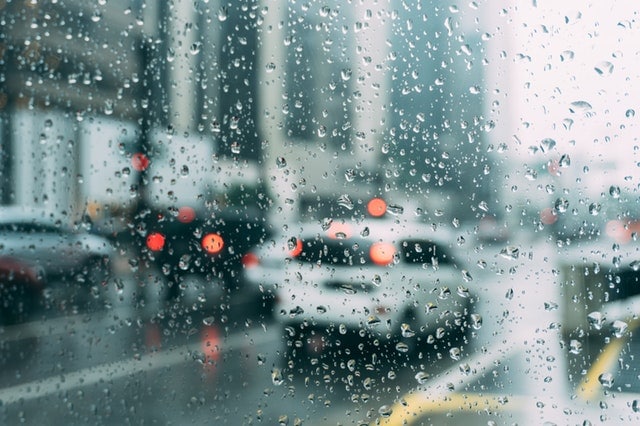According to the Centers for Disease Control and Prevention (CDC), hearing loss is the third most common health condition for Americans, and one in four people has some degree of noise induced hearing loss.
What Is Noise Induced Hearing Loss?

Noise induced hearing loss can be caused by either one-time exposure to a very loud sound, like an explosion, or be the result of long-term exposure to more moderate sound levels. OSHA says that any sound over 85 dB can cause permanent hearing damage after just 15 minutes of exposure. This is about the noise level of passing highway traffic or a busy restaurant.
Inside the inner ear are tiny hair cells called stereocilia, which are responsible for converting soundwaves into electrical energy that is sent to the brain to be interpreted as sound. When dangerously loud sounds damage these hair cells, they die off and cannot regenerate. Noise induced hearing loss is the result.
Where Should I Protect My Hearing?
There are a few everyday environments that pose a hazard to your hearing where you should take extra precautions to minimize noise exposure.
Busy Cities
If you live or work in a busy city, you’re being exposed to sounds between 60 and 110 dB every day. Consider how frequently you hear police and ambulance sirens. Noise exposure in cities has become such an epidemic, New York City has begun a five-year study to monitor noise levels in Manhattan, and innovations such as “quiet concrete” are being tested in Texas.
Work
Occupational hearing loss is one of the most common work-related illness in the U.S., according to the CDC. Nearly one in five U.S. workers has been exposed to hazardous noise levels in the workplace. Construction and public transit workers and musicians are especially at risk. OSHA has implemented the Hearing Conservation Program to control noise levels in the workplace.
Restaurants
Excessive noise is among the top complaints from diners. In fact, The Atlantic found that a brew pub at happy hour puts out a whopping 90 dB. Apps such as SoundPrint crowdsource information about the loudness of restaurants to help users find restaurants with more reasonable noise levels, where conversations can be heard without having to shout over background noise.
To talk to an expert about custom hearing protection or to schedule a hearing screening, call Hearing services of Santa Barbara today!